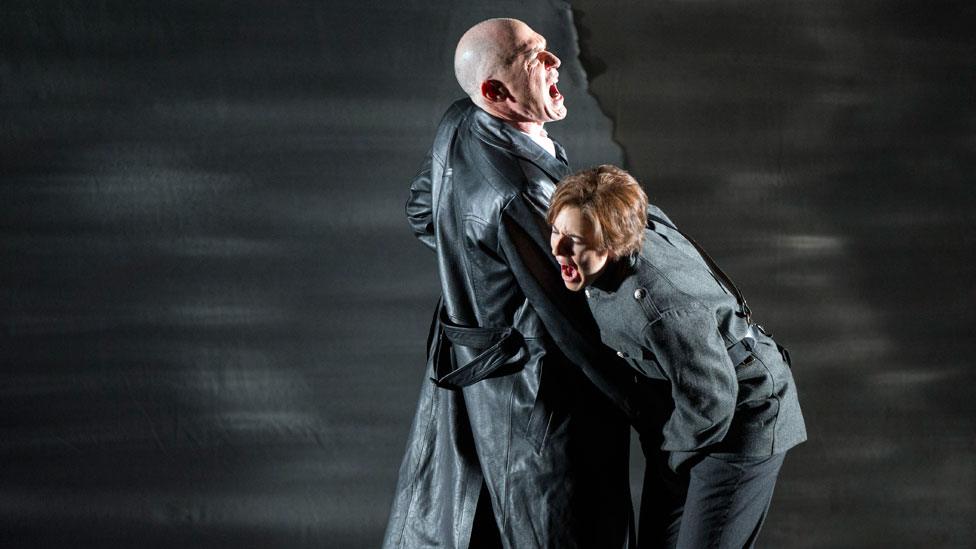Welsh arts finds a voice on the political stage
- Published
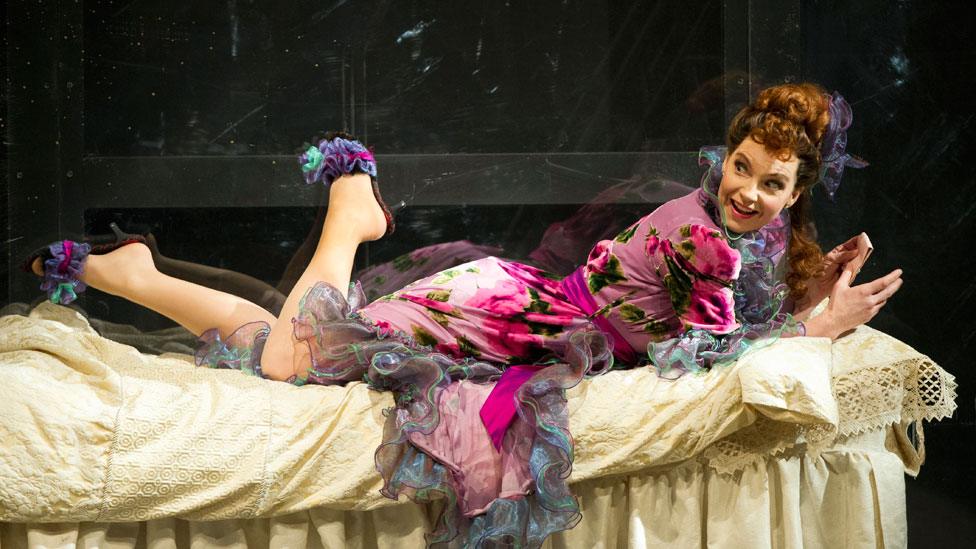
The Welsh National Opera receives £4.3m funding from Arts Council Wales, which in turn receives £30m from the Welsh Government
The amount of Welsh Government money spent on the arts is a tiny proportion of its £15bn budget, but it can still cause a significant political debate.
From arts centres, galleries and museums, to the effect the arts can have on policy areas like health and education, it is an area where politicians can make a significant impact.
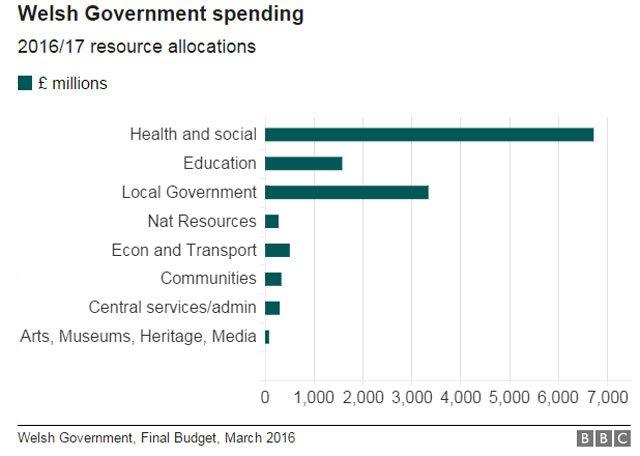
Around £81m is currently spent annually on the arts and culture by the Welsh Government and includes funding for the Arts Council of Wales and National Museum Wales.
That is about 0.5% of the government's annual budget and is a pot that has been cut back in recent years.
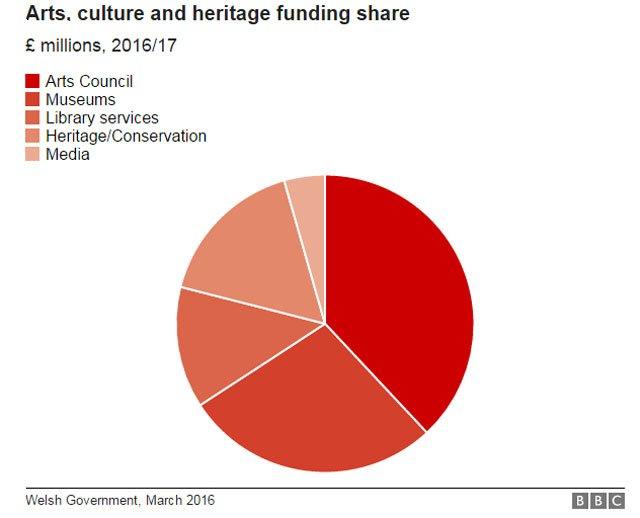
The Arts Council of Wales receives the largest share - £30.3m from the Welsh Government. Most of that is distributed to 67 organisations, who share a funding pot of £27.5m.
Other sources of funding, including from local authorities, have largely been frozen or reduced as well, forcing arts organisations to seek other sources of income including crowd funding and private sponsorship.
OTHER FUNDING SOURCES
Bizzy Day, co-founder of The Other Room theatre, wants to see a long term commitment to the arts
The Other Room, Cardiff's first pub theatre, opened last February and aims to fill a cultural gap. Porter's in the city centre offered the space, with 47 seats, and the Arts Council of Wales helped with a grant towards research for a business plan.
But the kick-starter came from crowd funding, which was a "very deliberate decision," according to Bizzy Day, executive director and co-founder.
"We needed the audience to make the theatre happen - that's what the crowd funder really was for us," she said.
"We needed seed funding; our target was £2,500 and we tripled that in 28 days, purely because the community responded, they wanted it, they needed it and it's here now. It seemed to work, it gave the building legs."
She said she wants to see a "renewed commitment" to the arts from the next Welsh Government, with concerns over funding in the long term.
ARTS FOR HEALTH
Strictly Parkinson's in Powys uses dance to help people with the disease
Health and education may be higher up the political agenda as issues in this election but the arts are seen by parties as having a role to play in these areas - as well as economically.
One group showing how dance as an art form can help people with health problems is in south Powys.
Strictly Parkinson's was devised by Steff Streat, who said it helps to bring together people with the disease from sparsely populated communities across the county.
"You go from a class with perhaps a little bit more mobility, you feel a little more upright but most of all with a feeling of well being," she said.
"It doesn't cost a fortune and it has to be better than some of the solutions they have to find to help us."
Class leader Heidi Wilson would welcome an expansion of the programme elsewhere.
"There are intrinsic benefits in terms of dance as an art form - the idea of expression and emotion," she said.
"There is some evidence showing it can help with flexibility and posture. Also what's of greater benefit sometimes is the social aspect of taking part in a class like this.
"It's getting people together as a shared experience; friendship groups have been made outside the group."

WHAT ARE THE PARTIES SAYING?
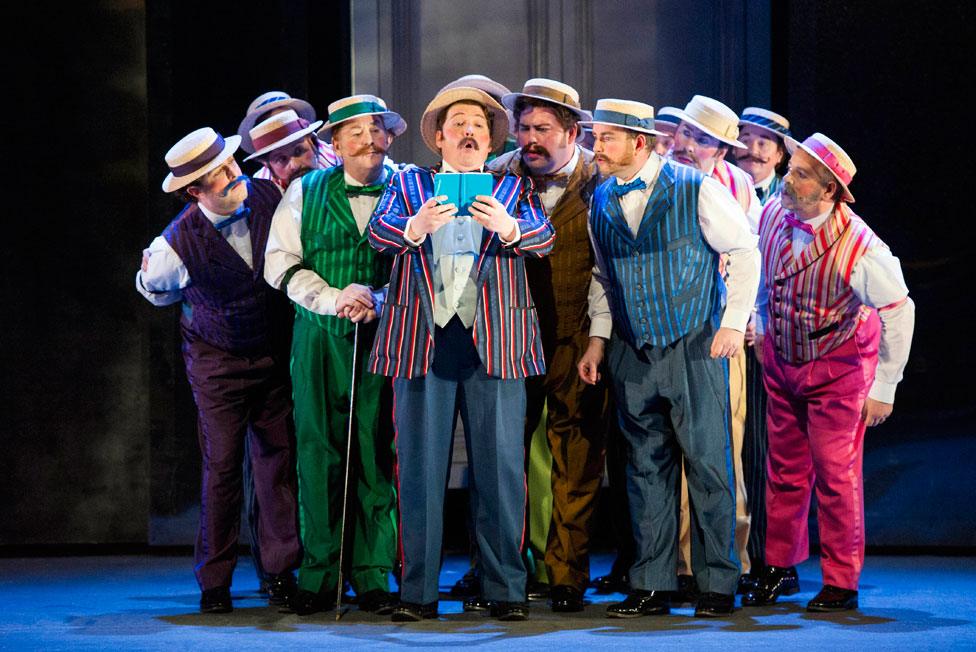
Plaid Cymru said it would place art and culture "at the heart of all our policies" from local government finance, through to health and education. It wants a statutory duty on local councils to be a "convener, enabler and access provider" of arts and culture; seeks at least an additional 1% in Wales' share of UK lottery funding for the arts and a new body, Creative Wales, to unlock other funding sources; it also supports apprenticeships in cultural organisations. It would enable National Museums Wales to create a dedicated National Art Gallery and also create a national digital library. It would fund research into additional therapeutic models of treatment, such as what the arts, green spaces and sport can offer.
Labour pledges to work with communities to protect local facilities and help with community ownership of assets like libraries, museums and arts centres if they are under threat; seek to increase investment and participation in the arts by introducing a Challenge Fund; access to the new Wales Wellbeing Bond will be extended to groups and organisations which tackle poverty through "harnessing the power of culture".
Conservatives want to strengthen local authorities' statutory duty to deliver on strategic plans for arts and culture and stimulate more opportunities to display council-owned art collections. It says Wales' culture and heritage "offer considerable opportunities" to the economy, community regeneration and wellbeing. Policies include introducing local listing to protect buildings and spaces; establish a multi-site National Military Museum for Wales; "explore the benefits" of removing Cadw from Welsh Government control; ensure that providing free entry to performances for school children is a condition of grant funding for certain arts productions or exhibitions; support a feasibility study on an international arts hub for Wales. The party would also look at studies which have highlighted the efficacy of arts therapies - including choral singing - to support patients in their recovery from a range of conditions and illnesses.
The Green Party would pledge to support community arts organisations; protect funding to safeguard rural theatres from local authority budget cuts; support national museums and cultural bodies to develop Wales-wide education services and encourage growth of local arts associations
UKIP promises to ensure that Welsh cultural and historical heritage is able to thrive. It would keep free entries to museums; encourage the Arts Council of Wales to improve access to participation and appreciation of the arts and ensure all young people have access to art and the theatre in Wales and in the UK as a whole. It believes Cadw has been "found wanting" in its responsibilities and would seek its abolition within two years, devolving ownership of properties to local councils or trusts.
Lib Dems would create a Wales Cultural Endowment to fund the arts, which would build to a level over time where it can used be to fund all non-commercial cultural events in Wales, relieving pressure on Welsh Government budgets; establish a cultural enterprise agency to give grants, advice and mentoring to those with small enterprises in arts, publishing and media; continued free entry to National Museum Wales; protect the Arts Council of Wales grant and support it to re-open regional offices; an innovation fund for local ideas to improve cultural life; an apprenticeship scheme for heritage-related crafts.
- Published18 March 2016
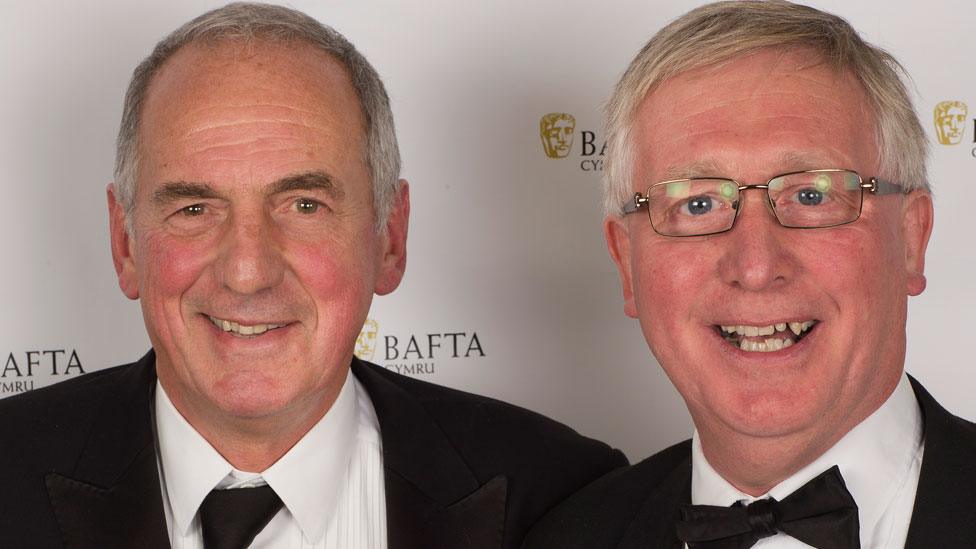
- Published31 March 2016
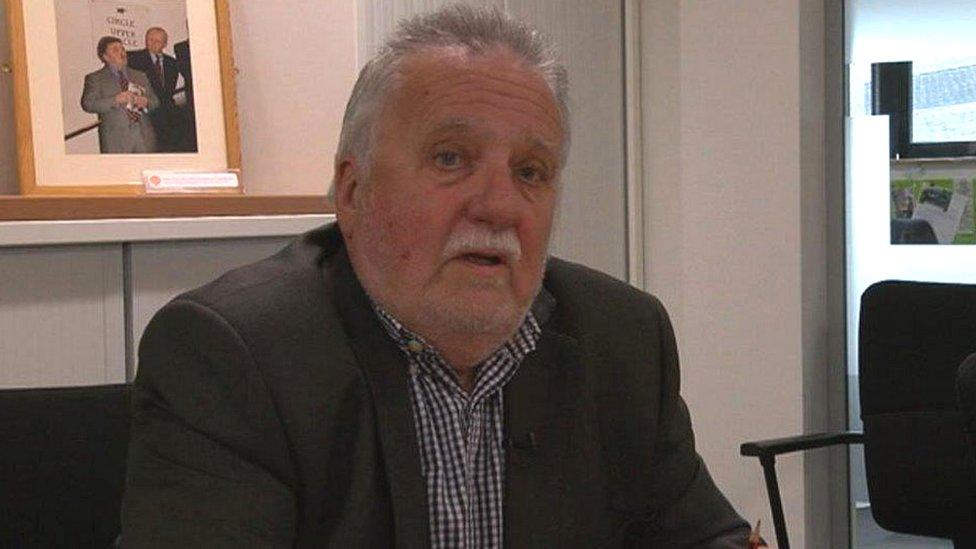
- Published24 February 2016
